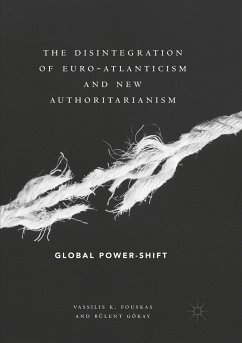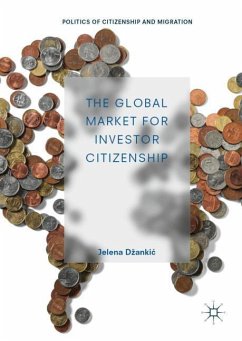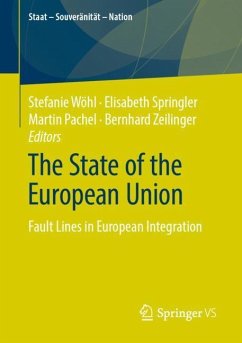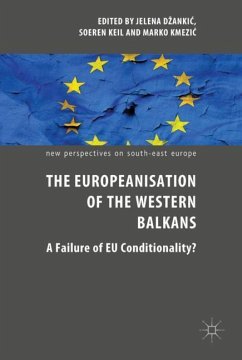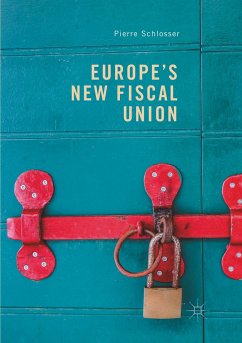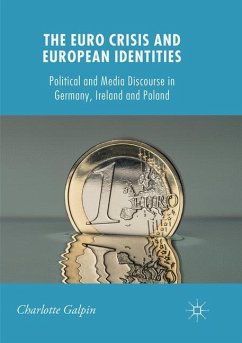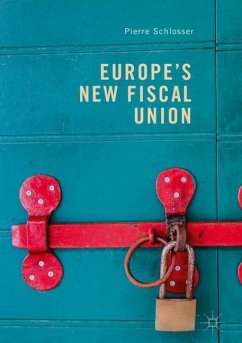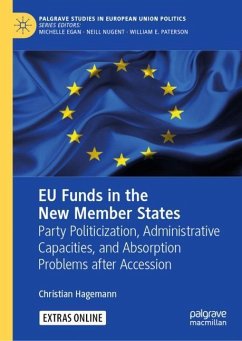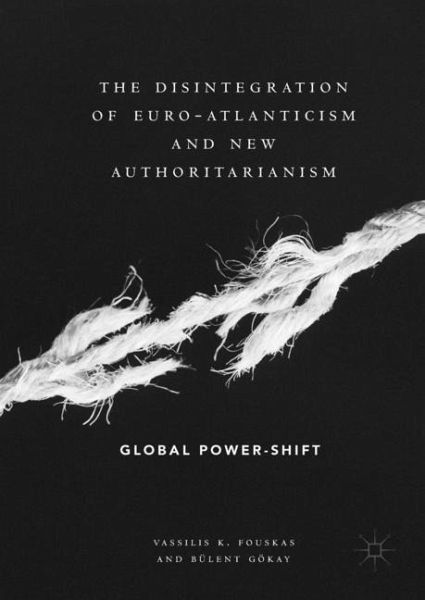
The Disintegration of Euro-Atlanticism and New Authoritarianism
Global Power-Shift
Versandkostenfrei!
Versandfertig in 6-10 Tagen
53,99 €
inkl. MwSt.
Weitere Ausgaben:

PAYBACK Punkte
27 °P sammeln!
This book sets out a concrete analytical and empirical framework to understand the Euro-zone crisis and the deep disintegrative tendencies of Euro-Atlantic neo-imperialism. It explores how the authoritarianism and austerity led from above in the transatlantic world cultivate right-wing populism and racist hysteria from below, especially in relation to the global power-shift to China and other emerging economies. The authors argue that ordoliberal/neo-liberal austerity cannot reverse the decline of western economies; if anything, it precipitates their downfall and the re-launching of globalizat...
This book sets out a concrete analytical and empirical framework to understand the Euro-zone crisis and the deep disintegrative tendencies of Euro-Atlantic neo-imperialism. It explores how the authoritarianism and austerity led from above in the transatlantic world cultivate right-wing populism and racist hysteria from below, especially in relation to the global power-shift to China and other emerging economies. The authors argue that ordoliberal/neo-liberal austerity cannot reverse the decline of western economies; if anything, it precipitates their downfall and the re-launching of globalization under Asian primacy. The book will appeal to students, scholars and policymakers across the fields of International Political Economy, European Politics and Critical Social and Political Theory.



